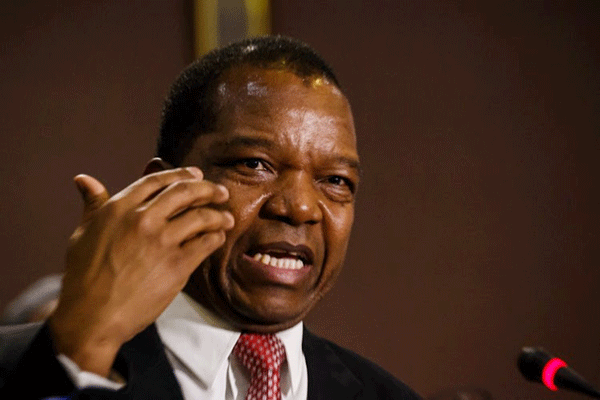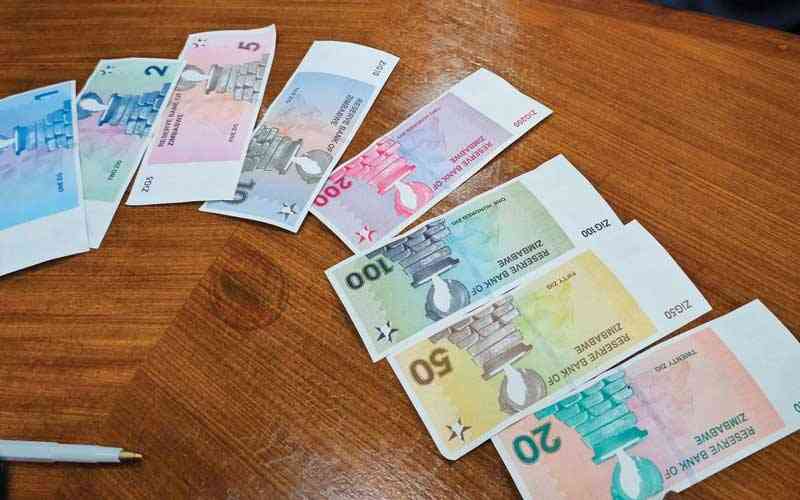
THE introduction of a smaller denomination of gold coins in November this year is a welcome development, but ultimately will not address the elephant in the room, which is currency volatility and galloping inflation.
In the 2022 Mid-term Monetary Policy Statement issued on Thursday, Reserve Bank of Zimbabwe governor John Mangudya revealed that smaller denominations of gold coins, which were put in place to mop up excess liquidity in the market, lower inflation which soared to 256,9% last month from 191,6% in June as well as act a store of value, will be introduced into the market in November this year.
The mooted gold coins to be released into the market will be in smaller units of a tenth ounce, quarter ounce and half ounce, Mangudya revealed.
This will be welcomed by a large section of the country’s citizens who could not afford the gold coins in circulation which were sold at an initial price of US$1 823,80 per coin or $805 745,35 using the official seller rate.
However, the introduction of smaller gold coins will not go very far in bringing about the much-needed stability in the economy, particularly inflation, which stood at 56,37% in July last year but shot to 256,9% one year later and currency volatility which has resulted in the local unit trading at more than $800 to the greenback on the parallel market.
The need for fiscal discipline cannot be overemphasised. Economic stability will remain a mirage as long as government continues to use short-term financing for contractors for infrastructural projects as well as agriculture, among others who then offload the depreciating local unit on the parallel market. This is one of the largest contributors of excess liquidity in the market despite claims of fiscal discipline by the government.
Gold coins are not the panacea to economic stability, especially in the face of blatant political interference by President Emmerson Mnangagwa’s administration in fiscal and monetary institutions in the form of ad hoc statutory instruments which are clearly poorly thought out and quickly reversed after the damage has been done.
These include the ban on bank lending, the suspension of the Zimbabwe Stock Exchange and the rushed introduction of the Zimbabwe dollar without the required benchmarks.
- Chamisa under fire over US$120K donation
- Mavhunga puts DeMbare into Chibuku quarterfinals
- Pension funds bet on Cabora Bassa oilfields
- Councils defy govt fire tender directive
Keep Reading
This has had a damaging effect on public trust in both the Treasury and the central bank, a key tenet in the successful implementation of fiscal and monetary policies.
Trust and policy consistency are key to economic stability. Without fiscal discipline and policy consistency it does not matter how many gold coins are injected into the market.











